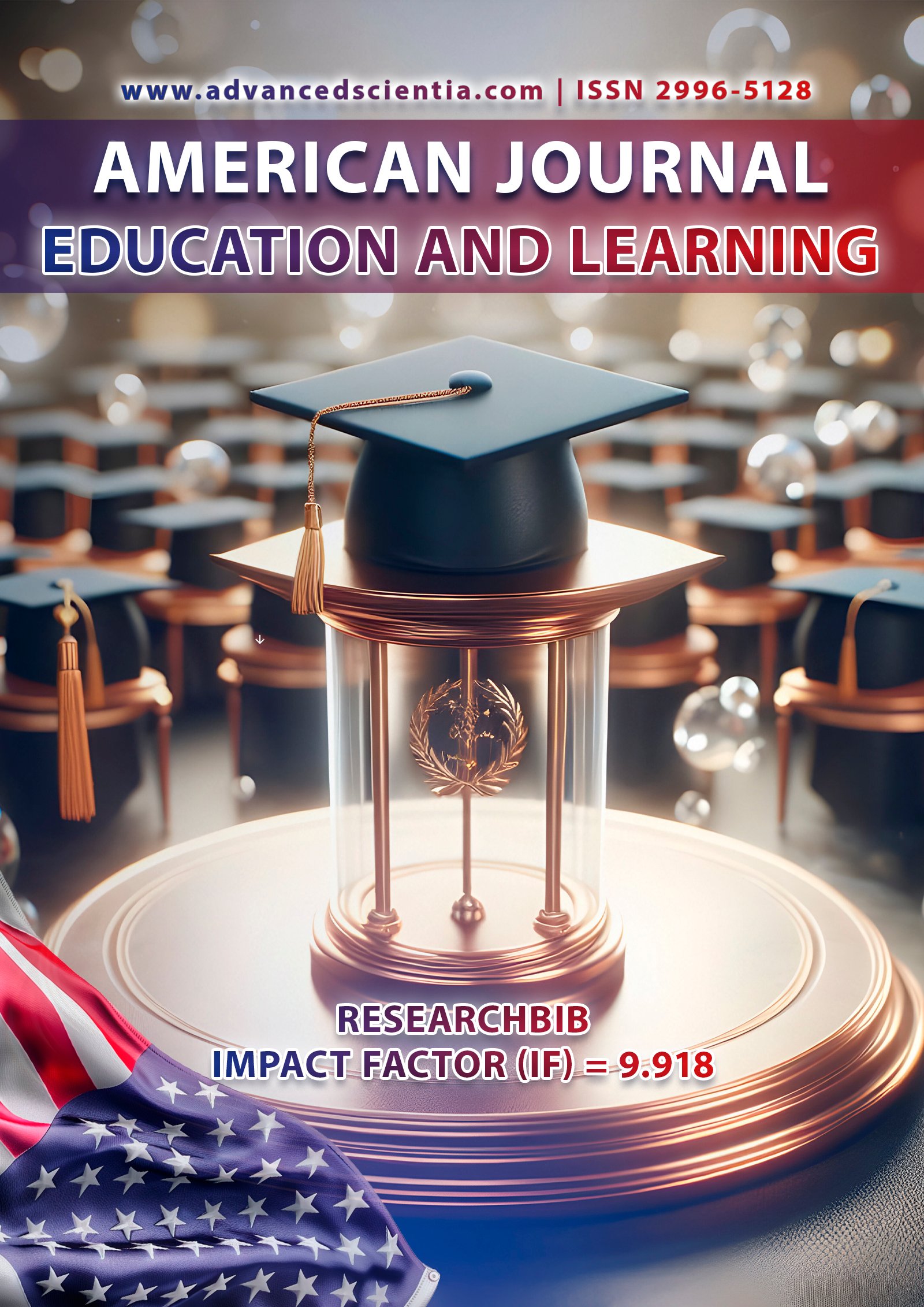THE ROLE OF NANO-LEARNING IN DEVELOPING DIGITAL COMPETENCE AMONG FUTURE ENGLISH LANGUAGE TEACHERS
Abstract
This study investigates how nano-learning, a microlearning strategy involving short, focused learning units, contributes to developing digital competence among pre-service English language teachers. Given the growing integration of technology in educational environments, equipping future educators with digital skills is essential. This research explores the application of nano-learning in teacher training programs and its effectiveness in enhancing digital literacy, pedagogical digital competence, and overall teaching efficacy in digitally mediated classrooms.
References
1. Buchem, I., & Hamelmann, H. (2010). Microlearning: A strategy for ongoing professional development. eLearning Papers, 21, 1–15.
2. European Commission. (2017). Digital Competence Framework for Educators (DigCompEdu). Publications Office of the EU.
3. Ferrari, A. (2013). DIGCOMP: A Framework for Developing and Understanding Digital Competence in Europe. JRC-IPTS.
4. Hug, T. (2005). Micro learning and narration. In Proceedings of Media in Transition (MIT).
5. Kamariddinovna, M.E. (2022). THE STRUCTURE OF PROFESSIONAL COMPETENCE OF PRESCHOOL ENGLISH TEACHERS. International Journal of Pedagogics, 2(07), 1-4.
6. Kukulska-Hulme, A. (2020). Mobile-assisted language learning [Revisited]. Language Teaching, 53(2), 157–182.
7. Moydinova, E. (2024). EFFECTIVE STRATEGIES FOR TEACHING IN THE DIGITAL AGE. In Fergana state university conference.
8. Ray, S., & Deb, S. (2016). Evaluating micro-learning as a modern training strategy. International Journal of Applied Research, 2(12), 492–495.
9. Redecker, C. (2017). European Framework for the Digital Competence of Educators: DigCompEdu. Joint Research Centre, European Commission.






















